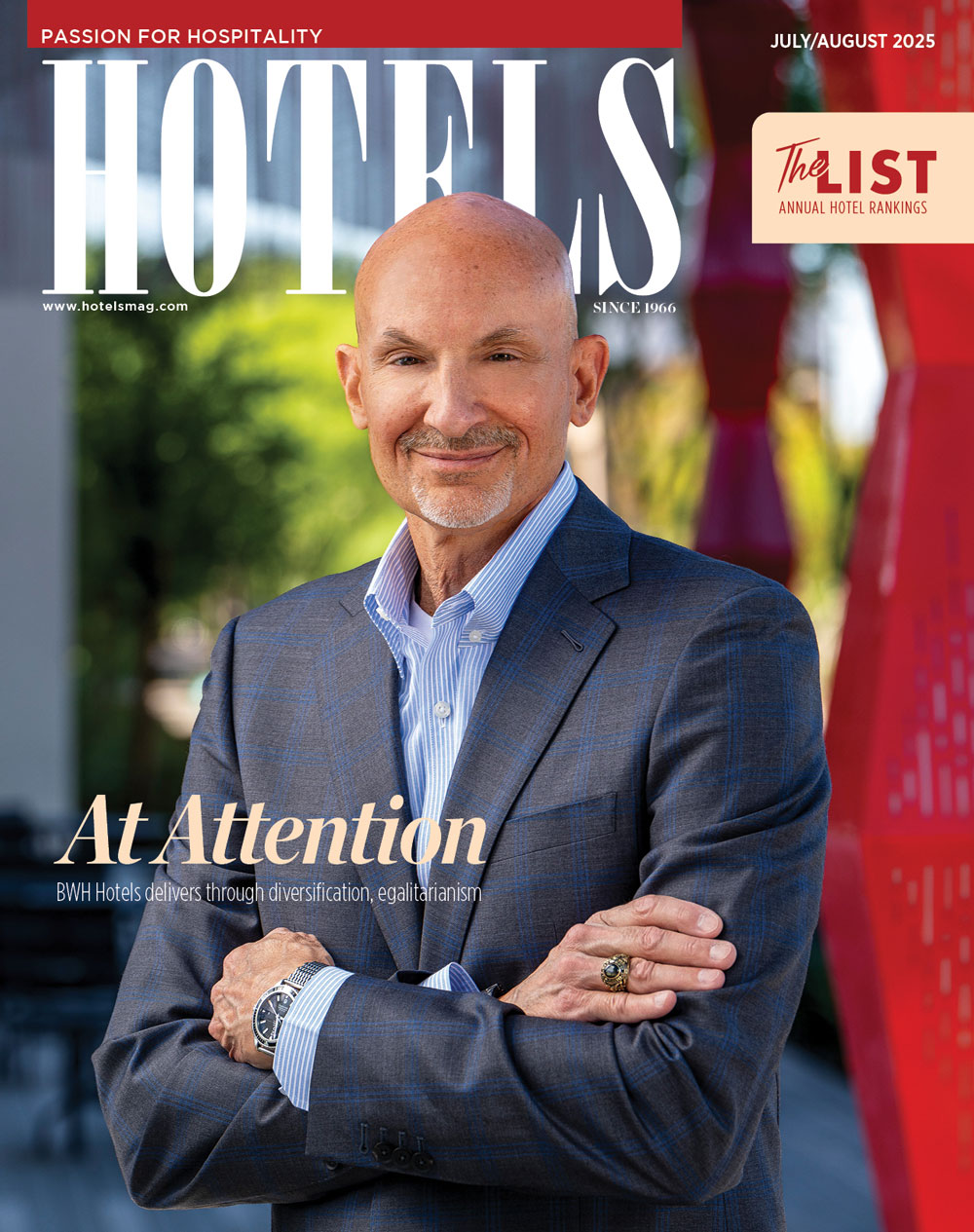News
Accor bucks trend with positive RevPAR gains, but acknowledges tough operating climate
Paris-based Accor posted a RevPAR increase of 4.6% in the first half of 2025 and for the full year is reaffirming its RevPAR, network and EBITDA targets, according to Sébastien…


